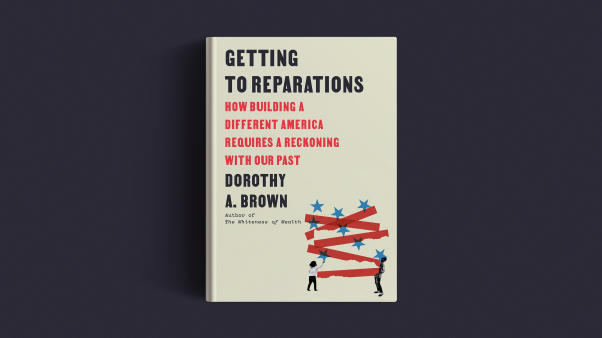From the Willow Creek Leadership Summit: Gary Hamel. His bio from his website, www.GaryHamel.com:
The Wall Street Journal recently ranked Gary Hamel as the world’s most influential business thinker, and Fortune magazine has called him “the world’s leading expert on business strategy.” For the last three years, Hamel has also topped Executive Excellence magazine’s annual ranking of the most sought after management speakers.
Hamel is also a member of Menlo Park Presbyterian Church in northern California (Christianity Today International board member John Ortberg is a teaching pastor there) and describes himself as “a believer.”
America is experiencing “de-churching.” Meanwhile, too often, Christians are not noticeably different in matters of lifestyle. Thom and Sam Rainer says only 3.5% of churches are “evangelistically healthy”–i.e., have a member-to-conversion ratio of 20:1 or less. Too often our congregations have been “convocations for the converted and the content.” Why are our methods and institutions not working?
Should we be wringing our hands about the secularization of society, or should we be thanking God that so many people are no longer are going through the motions of being religious? Maybe we should be glad that young people have been taught to distrust dogmatic statements of all kinds, because this will force us to build an appeal on the fruit of the Spirit and not on elegant apologetics. Unprecedented changes bring unprecedented opportunities–but you have to have unprecedented strategies.
When your internal change lags behind external changes, your organization becomes irrelevant. Of course, this happens to organizations of all kinds–e.g., Starbucks, Yahoo, et al.
The pace of change has gone “hypercritical.” Things are changing at exponential rate: world population, energy consumption, etc. “The world is becoming more turbulent faster than most organizations are becoming more resilient.”
Nice punchline: “Success is a self-correcting strategy.” Thus, the need to constantly re-invent our organizations. Unfortunately, it usually takes a crisis for that to happen. e.g., IBM in the ’90s: it took a $14 billion loss to force a move toward a more service-oriented approach. Or GM had to reach bankruptcy before it sold off moribund divisions.
1. Conquer Denial. The longer we put off the work of renewal, the harder and more expensive it becomes. The process: dismiss, rationalize, mitigate, confront. “When organizations miss the future, it’s not usually because the future was unknowable but because it was unpalatable.”
The solution: Face the facts.
2. Generate more strategic options. You need many experiments to find a winner.
3. Deconstruct your assumptions.
Question your beliefs [about your practices]. Uncover and challenge your assumptions. Listen to the dissidents and renegades.Learn from the “positive deviants,” the outliers who are finding new ways that work.
Look at your church’s programs: What hasn’t changed in 3-5 years? Have those not changed because they work so well or because we’re unwilling to change? Are we doing it this way because the Lord commanded it or listening to the same books and consultants?
For example, Why is the sermon a lecture and not a discussion? Why can’t people bring laptops to take notes like they do in every college classroom? Why not open-source the sermon, posting the outline and topic ahead of time and inviting members’ responses, ideas, and experiences?
“The longer you’re down in your trenches, the easier it is to mistake the edge of your rut for the horizon.”
4. Become vibrant and adaptable..
Is the challenge “finding great leaders” or “creating organizations that do not need superheroes at the top”?
Illustration: W. L. Gore, founded by Bill Gore, for 50 years never has had a loss, and has launched 1,000 products, including Gore-Tex. They innovate constantly and have no hierarchy. Some employees, though, are called “leaders” when their team asks them to lead. Anyone can say no to any request. But it’s not “a paradise for slackers” because at the end of the year there’s peer accountability on compensation.
Most organizations are not created to be adaptable. We need organizations that are radically different than they are today. e.g., a company where everyone can rate their boss and their boss’s boss, and the ratings are available online. The web is post-bureaucratic; it’s the most innovative thing humanity has ever created.
Just as churches became more like corporations, the best organizations (e.g., Kiva) have become more like causes.
The church is God’s hope for humanity, and He doesn’t have a Plan B. We’re it. So our churches need to be the most vibrant and adaptable organizations in the world.








